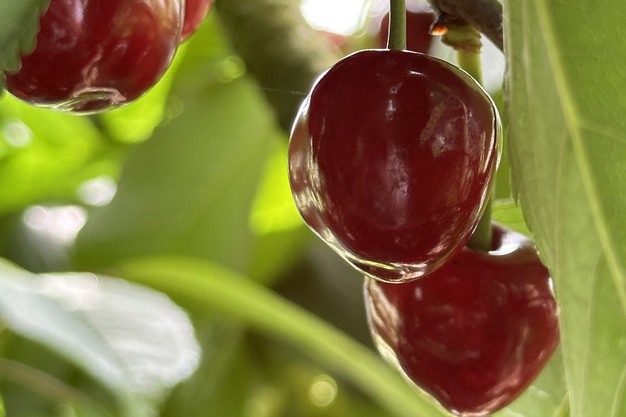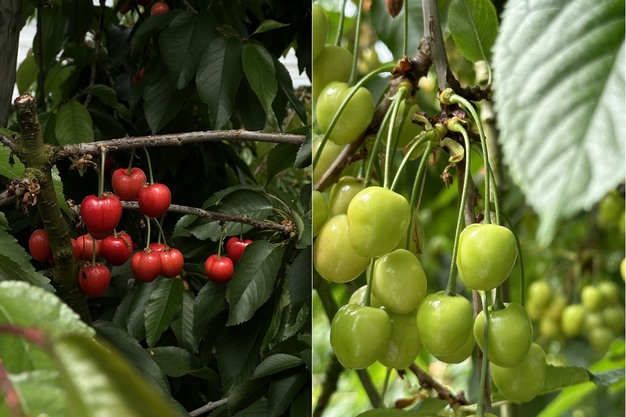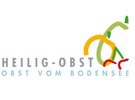By the end of week 22, the first early Burlat cherries were already being harvested around Lake Constance. However, the early start to the season has been overshadowed by extreme weather events, including heavy rain and storms in the first week of June. "At the moment, it is expected that there will be significant losses up to total failure in the unprotected, mostly older orchards. Like most of the larger operations around Lake Constance, we fortunately cultivate our sweet cherries exclusively under protective covers, which means there will be at most minimal damage to the crops. Moreover, for the first time since 2016, there have been no major frost events in our region this year, so we are expecting a good cherry harvest overall," says Thomas Heilig, fruit producer in Bavendorf and Chairman of the Obstregion Bodensee e.V.

The family-run fruit operation dedicates about three hectares mainly to cultivating the varieties Kordia and Regina. "Due to the frost damage mentioned, the quantities in the past years were not sufficient to supply the retail food industry on a larger scale. This year is likely to be different. Of course, we are also heavily dependent on the availability and prices of imported goods. Recent forecasts indicate that there have also been damages in Italy. However, what is most important is the size of the harvest volume in Turkey." Heilig emphasizes that it is becoming increasingly difficult for German cherry farmers to compete with cheap imports. "Last year, by the end of July, in the last phase of the German season, Moldovan cherries were found in retail. Moldovan plums have been in the German market for some years, but cherries were at least new to me. These were offered at two euros per kilo at the POS. We simply cannot compete with these prices."

Thomas Heilig on stage during this year's Fruchtwelt Bodensee.
Last year's yield forecasts were all 'doom and gloom' at first, Heilig continues. "Eventually, the stocks of the late variety Regina, which is traded until mid-August, were much better than expected. However, there were no programs agreed with the retail food industry, and it was not possible to arrange this at short notice. This misjudgment by us farmers, in turn, led to us having to sell the quantities primarily through direct marketing and farm markets, unfortunately."

A glimpse into the protected cherry cultivation of the Heilig family.
Together with his son and future successor Luis, Thomas Heilig cultivates a total of 15 hectares of top fruits and three hectares each of plums and sweet cherries. Heilig: "If you have a good harvest, sweet cherries are more economical than apples in the end. However, apples are much more robust and less sensitive to frost in cultivation. Therefore, the harvest quantities of apples are usually more stable. We are now increasingly leaning towards stone fruit and are focusing on the new plum variety Baronesse. If this project takes off well, we would also be inclined to gradually expand the cultivation area."
Images: Heilig Obstbau
For more information:
Thomas Heilig
Heilig Obstbau
Hüttenweg 29
88213 Bavendorf
T: +49 (0)751 66966
www.heilig-obst.de
